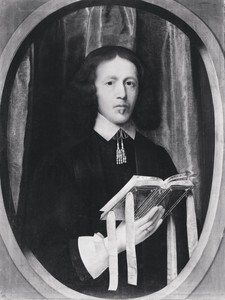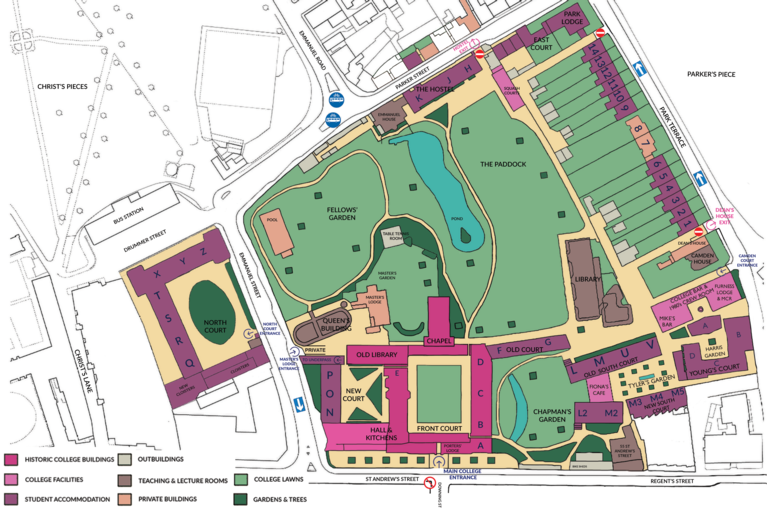William Sancroft (1617 - 1693)

Successively seventh Master of Emmanuel, Dean of St Paul's and 79th Archbishop of Canterbury
William Sancroft, though Master of the College for only three years, was one of Emmanuel's greatest benefactors. He was born at Fressingfield in Suffolk, entered the College in 1633, and was elected a Fellow in 1642. A year later came the Earl of Manchester's visitation of the universities, and the ejection of sixty-five royalist fellows and heads of houses, including Richard Holdsworth, who had succeeded Sancroft's uncle as Master of Emmanuel in 1637. Sancroft, though a royalist, was a moderate, with friends on both sides, and retained his fellowship until 1651, when he anticipated ejection by voluntary withdrawal. In 1657 he took further evasive action and travelled in the Netherlands and in Italy until the Restoration. His first appointment thereafter was as chaplain to John Cosin, Bishop of Durham, whom he assisted in the editing of the 1662 Book of Common Prayer. In 1662 he was appointed Master of Emmanuel, and though he left again within three years to become Dean of St Paul's, his plans for a new College chapel, and the adaptation of the old one for the library, were actively pursued. He was himself one of the principal subscribers to the cost of the new building, designed by Sir Christopher Wren, which was consecrated in 1677, the year of his appointment as Archbishop of Canterbury.
The crucial events of Sancroft's primacy centre on the year 1688, when King James II issued, without the authority of Parliament, his Declaration of Indulgence, offering religious and civic equality to Roman Catholics and Dissenters. Sancroft with six of his bishops protested to the King at this unconstitutional act, and thus provoked their imprisonment and trial for sedition. They were acquitted amid public acclamation. After the vacation of the throne by James, Sancroft, scrupulously conscientious as ever, felt unable to swear allegiance to William of Orange while the former king still lived. In February 1690 he was therefore officially deprived of his archbishopric, and a year later left Lambeth to live in seclusion at Fressingfield.
Shortly before his death, in 1693, Sancroft gave to the College the whole of his valuable library of over 5000 volumes, so approximately doubling the size of the College collection. It now occupies a separate room, in its original classification and shelf order, and is among the most important of the extremely few personal seventeenth-century English libraries to survive intact.

